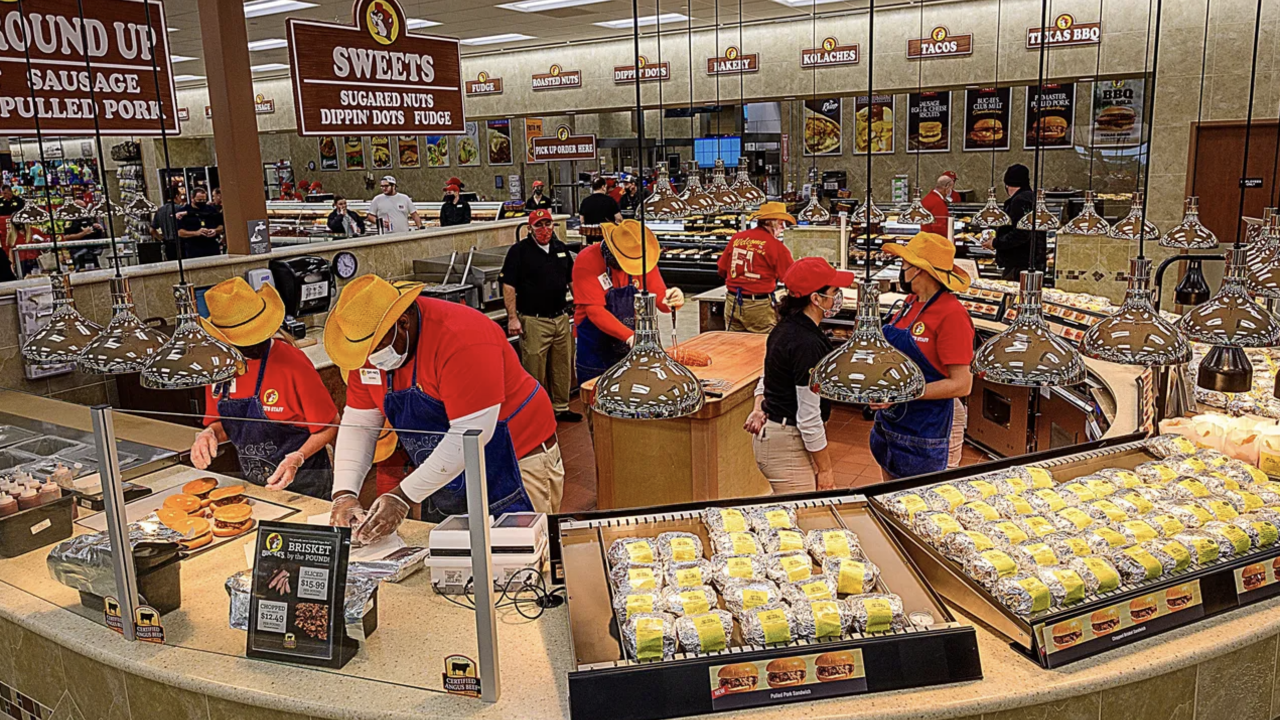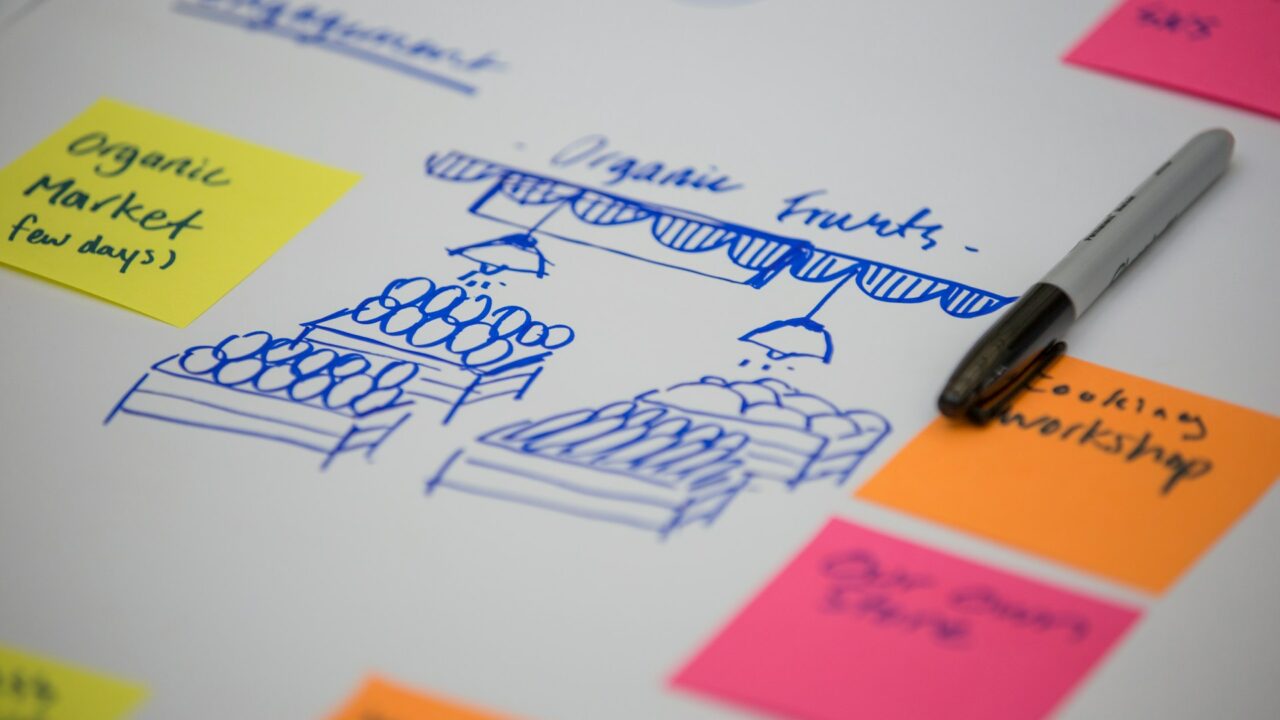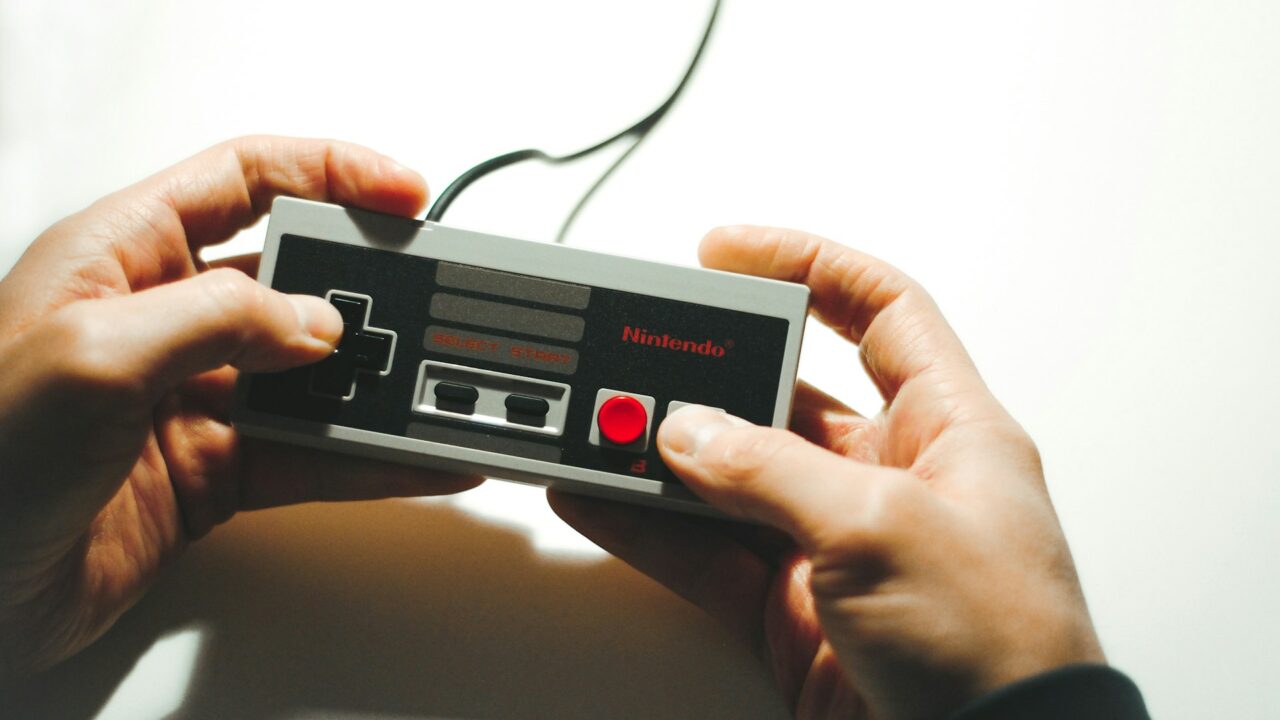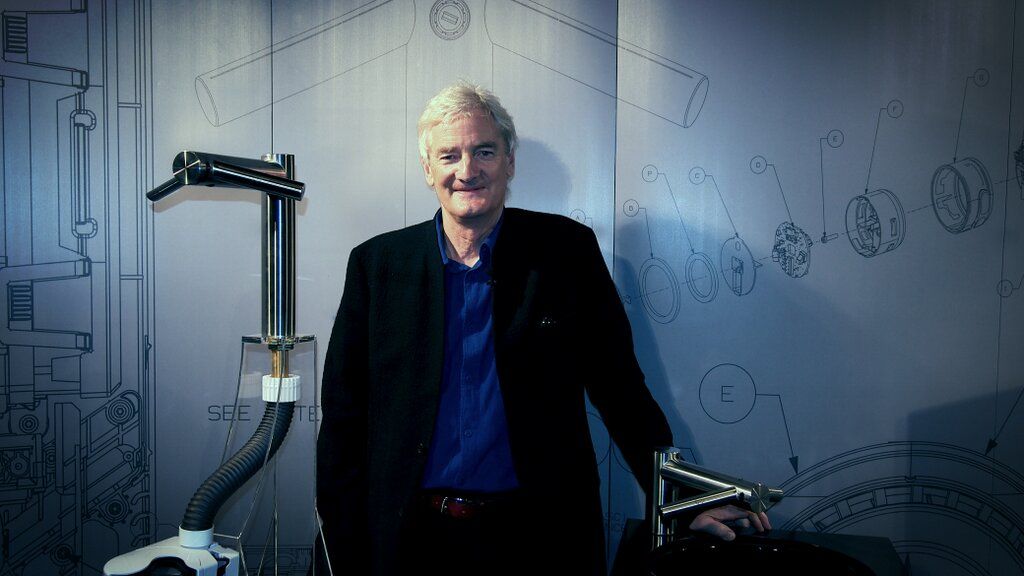Convenience Store Brands Pull Ahead In Fair Value
Barron’s, the financial weekly, is suggesting that investors take a long look at convenience stores. Apparently, convenience stores, such as WaWa and Casey’s and others, have captured the attention and wallets of customers. With fresh, hand-crafted foods, beverages, other merchandise and, according to Buc-ee’s, “the cleanest restrooms in America,” convenience stores are fast-becoming go-to places for speedy, affordable on-the-go offerings.





